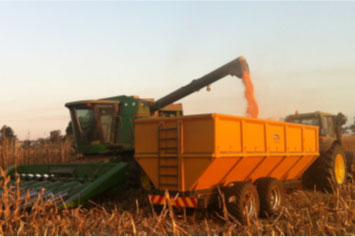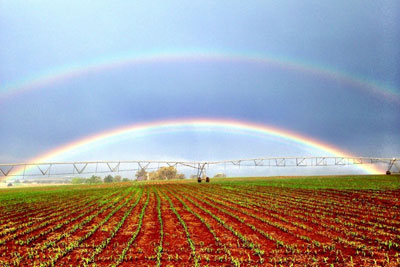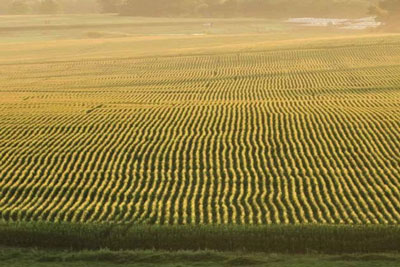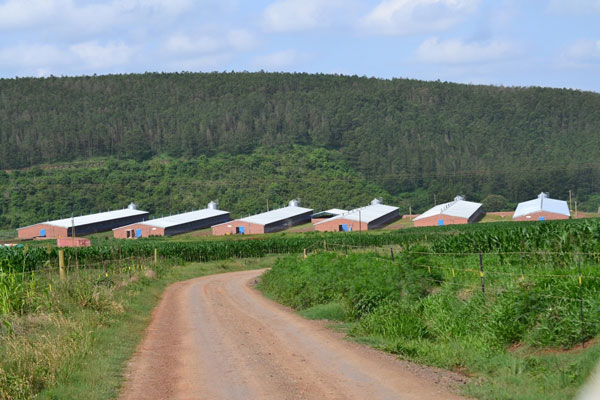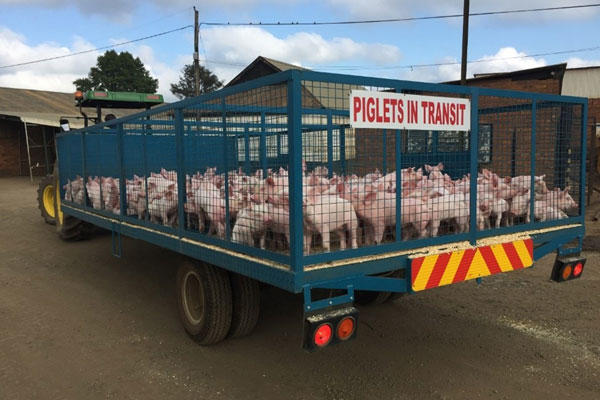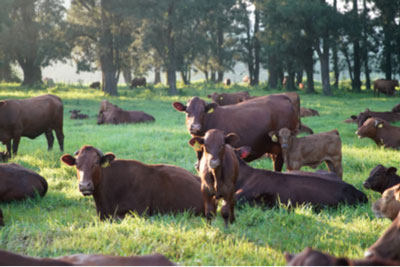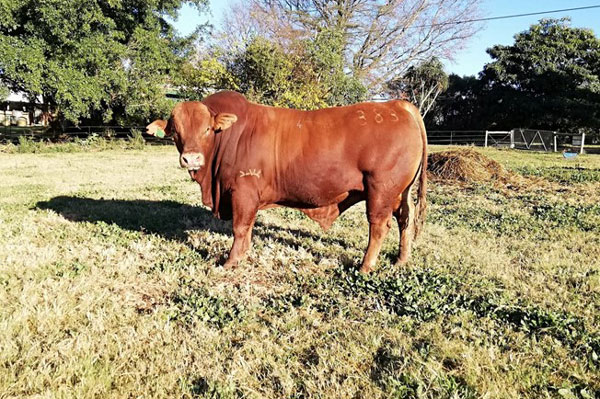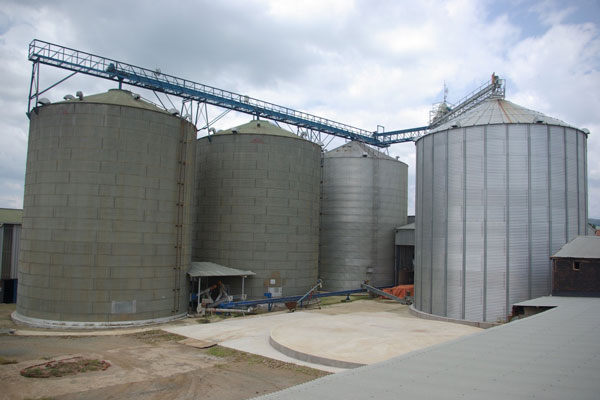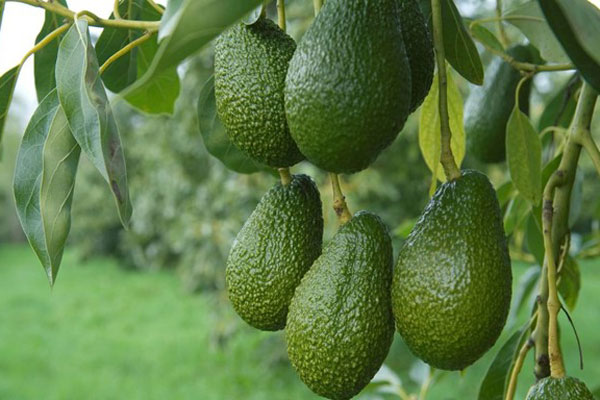Historical Overview

The Joseph Baynes Estate Board of Administration Trust came into being in terms of the wishes expressed in the will of Joseph Baynes dated the 27th of December 1923 and a codicil dated the 24th of November 1924.
Joseph Baynes passed away on the 16th of July 1925. Born in Yorkshire in March 1842, Joseph Baynes came to the colony of Natal at age 8 with his father, a Byrne settler.
As a keen agriculturalist, and after much hard work and against many odds he acquired farms around him forming what is today known as Baynesfield Estate.
The land that comprises the Baynesfield Estate, with a total area of approximately 9 196 ha, is made up of various portions of four farms, Nels Rust, Nooitgedacht, Meyershoek and Onrust. This land was acquired by Joseph Baynes over a period from 1863 to 1902.
Apart from being an outstanding agriculturalist, Joseph Baynes was also:
- The Chairman of the Indian Immigration Board
- A Representative for the Ixopo Division in the Natal Parliament, 1880 – 1910
- Natal Government Minister of Land Affairs 1903 – 1904
- A member of the Legislative Council of the Colony of Natal
- A Justice of the Peace
- A Companion of the Order of St Michael and St George
Some of the significant contributions of Joseph Baynes were:
- He built the first cattle dip in the country to combat tick-borne diseases
- He pioneered the dairy industry in South Africa
- Gave Durban its first organised fresh milk supply
- Placed the bacon curing industry on a sound footing
- Played a large part in piloting through the contract for the drainage of the Congella swamp to develop modern wharfage in Durban harbour. Maydon Wharf was created, thus doubling the size of the harbour.
His achievements are well documented in the book Joseph Baynes – Pioneer by R.O. Pearse published in 1983. Joseph Baynes’ public and personal record shows that he was a man way ahead of his time in espousing compassion, understanding and the liberalisation of race relations towards non-white groups. This is well articulated in the book Race Relations Pioneer – The Legacy of Joseph Baynes, by Duncan du Bois published in 2016.
Joseph Baynes died in 1925, aged 83 with no heirs. He left his Estate in a private trust to be managed by a board of trustees. The Trust has a number of objectives that are to the benefit of South Africans. During his lifetime Joseph Baynes was a philanthropist, supporting many worthy causes and organisations. This interest is reflected in the specific wishes that are contained in his Will as to how he wished that the income from his estate should be applied. The objectives of the Will are:
- To beautify and develop the Estate.
- To expand and develop farming and cognate industries.
- To foster scientific agricultural research.
- To illustrate the practical application of scientific farming methods.
- To create agricultural schools and colleges.
- To lay out a public park.
- To establish industrial institutes or homes.
.The mission of the Trust is to manage its assets in an efficient and sustainable manner to enable it to fulfil the wishes of its founder, Joseph Baynes.
About Baynesfield
The Joseph Baynes Estate Board of Administration Will Trust (Trust) was formed in 1925 on the death of Joseph Baynes and is registered as a Public Benefit Organization. The Trust is directed by a Board of Trustees in terms of the will of Joseph Baynes.
The current ownership and operational structure of the Trust is displayed in the following diagram;

Joseph Baynes Timber Trust
A large portion of the Trust’s land, 5 400ha, is held in the Joseph Baynes Timber Trust (Timber Trust) and consists of 3 900ha of planted timber. The entire property of the Timber Trust is leased exclusively to NCT Forestry Co-operative Limited (NCT).
Baynesfield Training Academy
The Academy is a joint venture between the Trust and the South African Pork Producer’s Organization. The Academy is located on the Estate and trains emerging farmers in commercial pork production. The Academy has a 100-sow commercial piggery which provides trainees with first-hand practical pig experience which is not usually available at training institutions in South Africa. The Academy provides on-site accommodation for the trainees.
Joseph Baynes Estate (Pty) Ltd
The Company is a large, diversified farming operation producing the following products: maize, pigs, beef cattle, avocados and pig feed. In addition, the Company also has a tourism enterprise and leases commercial and residential property. The Company also has an investment in Katopé Natal;
Katopé Natal
Katopé-Natal is a pack-shed situated in Richmond which packs avocados for both international and local markets. All the Company’s avocados are packed by Katopé-Natal. The pack-shed is a 50/50 joint venture between The Fruit Farm Group South Africa (TFFGSA) and the Company. Together both partners supply more than two thirds of the volume processed by the pack-shed. TFFGSA is largely owned by an international entity with a worldwide footprint in fruit production and marketing. TFFGSA markets all the avocados packed at Katope-Natal.

